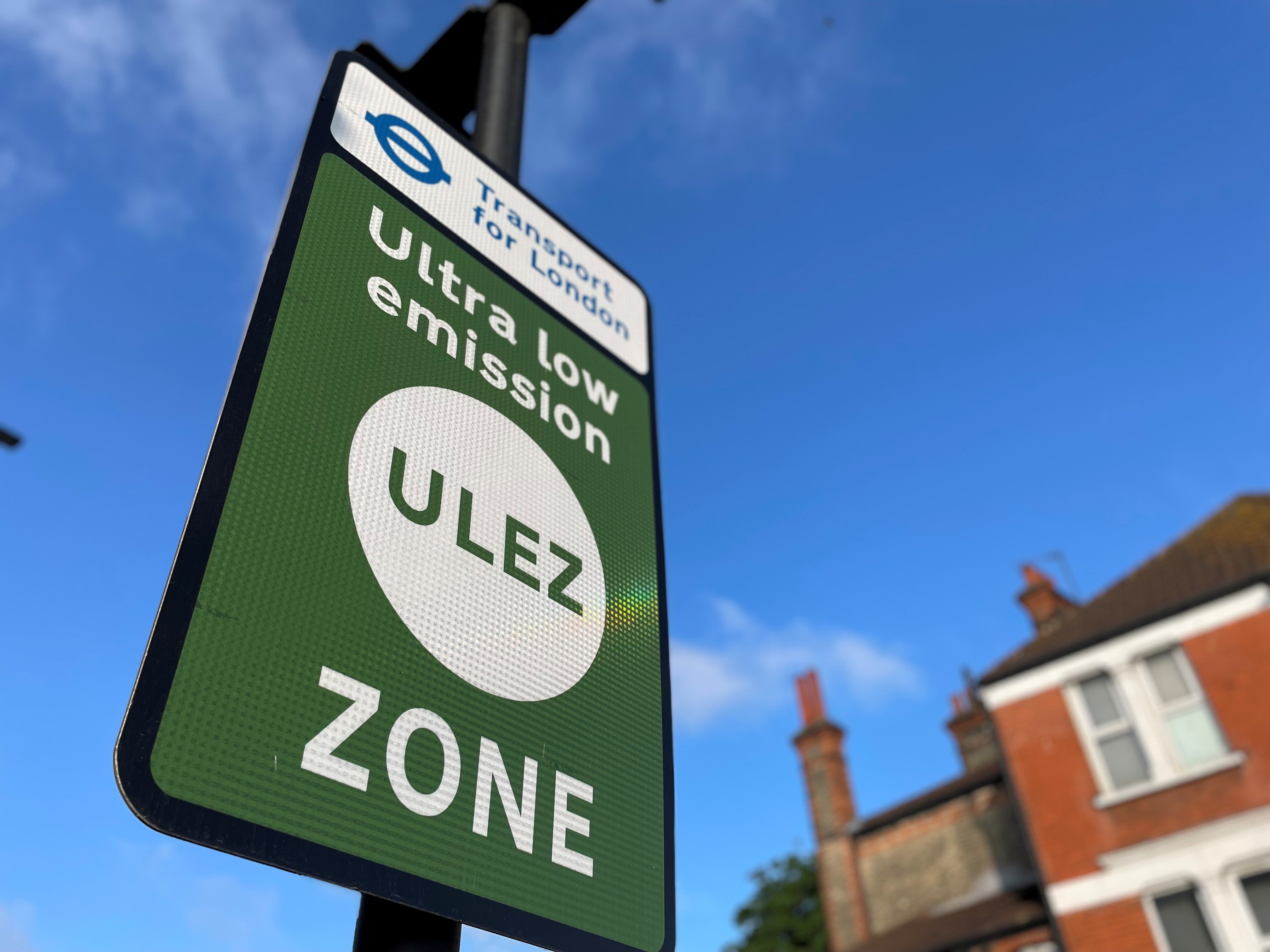Beijing is aiming to gradually replace its petrol-powered taxis with greener new energy vehicles to help reduce air pollution starting from this year.
The city currently has about 71,000 taxis in total, out of which 67,000 are conventionally powered. It has mandated that all petrol-and diesel-powered taxis being taken out of service must be replaced by electric or liquid petroleum gas (LPG) powered cars. Any new taxis should be electric or other types of new energy cars.
The project is expected to cos
Beijing is aiming to gradually replace its petrol-powered taxis with greener new energy vehicles to help reduce air pollution starting from this year.
The city currently has about 71,000 taxis in total, out of which 67,000 are conventionally powered. It has mandated that all petrol-and diesel-powered taxis being taken out of service must be replaced by electric or liquid petroleum gas (LPG) powered cars. Any new taxis should be electric or other types of new energy cars.
The project is expected to cost taxi operators US$1.3 billion before it is complete. Basic models of fossil-fueled cars in use today cost about US$8,000 to US$10,000. Equivalent electric cars cost twice as much. Taxi drivers are also concerned about the time needed to charge an electric vehicle, coupled with the limited range, which could impact on competition.
In 2015, the London Mayor and1466 Transport for London committed to introducing the world’s first Ultra Low Emission Zone (ULEZ) in the capital in 2020. From 1 January 2018, all taxis licensed for the first time must be zero emission capable, while new diesel taxis will not be allowed in London.
The Chinese government’s Five Year Plan 2016-2020 includes expenditure of US$2 trillion on transportation infrastructure, including railways, roads and water transportation. The country also targets the use of 200,000 new energy buses by 2020, up from more than 160,000 at the end of 2016.
The city currently has about 71,000 taxis in total, out of which 67,000 are conventionally powered. It has mandated that all petrol-and diesel-powered taxis being taken out of service must be replaced by electric or liquid petroleum gas (LPG) powered cars. Any new taxis should be electric or other types of new energy cars.
The project is expected to cost taxi operators US$1.3 billion before it is complete. Basic models of fossil-fueled cars in use today cost about US$8,000 to US$10,000. Equivalent electric cars cost twice as much. Taxi drivers are also concerned about the time needed to charge an electric vehicle, coupled with the limited range, which could impact on competition.
In 2015, the London Mayor and
The Chinese government’s Five Year Plan 2016-2020 includes expenditure of US$2 trillion on transportation infrastructure, including railways, roads and water transportation. The country also targets the use of 200,000 new energy buses by 2020, up from more than 160,000 at the end of 2016.








